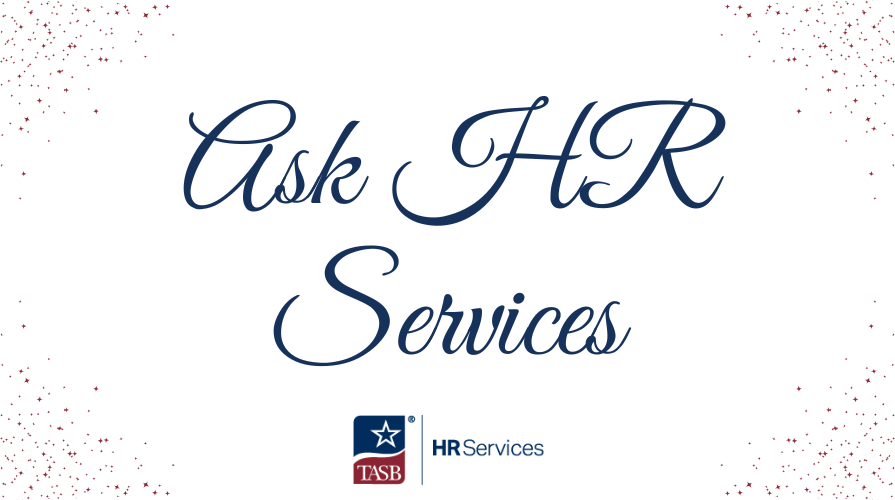Ask HR Services: Employee Handbook Receipt
Q: I have an employee who refuses to sign our employee handbook receipt. What should I do?
A: Acknowledging receipt of the employee handbook is an important step in the employment process because it shows that the employee has not only received the handbook but is also responsible for knowing its contents. Proof of this nature could prove pivotal in the event of a legal dispute.
Refusal to sign the acknowledgement does not exempt an employee from the policies and procedures contained within the handbook. While employees cannot be forced to sign an acknowledgement, options do exist, such as:
- An HR staff member can document the employee’s refusal to sign the acknowledgment form and have another staff member sign and date it as a witness.
- The employee can write "I refuse to sign the acknowledgment" on the document in their own handwriting or choose the option to decline acknowledgment for electronic signatures.
- The entity could make refusal to acknowledge receipt an offense subject to reprimand. It would be wise to weigh the pros and cons of this action and to consult with local counsel prior to implementing this option.
Regardless of the approach, applying the rules equally and consistently is always a best practice. The options above also may be viable for an employee’s refusal to sign any acknowledgement, including the receipt of a reprimand.
An overlooked opportunity for improvement may also be discovered by asking the employee why they are refusing to sign. It could be that the current handbook has a policy that may require an accommodation or is simply out of date (e.g., a dress code that may need to be updated to accommodate religious attire). Following up with the employee to address concerns may prove beneficial to both the employee and the entity.
More information on the benefits of a well-written employee handbook can be found in the HRX article The Value of a Well-Written Employee Handbook.

Keith McLemore
Keith McLemore joined HR Services in 2015 and assists districts with compensation planning and development. He has 17 years of experience traveling the state supporting public education employees.
McLemore received a bachelor’s degree from Southwestern University and a master’s degree from Texas Tech University, both with a focus on research analysis and design. He is a SHRM-CP.
HR Services

Subscribe to HRX
Stay up to date with all the latest HR news and trends by joining the HRX mailing list!




